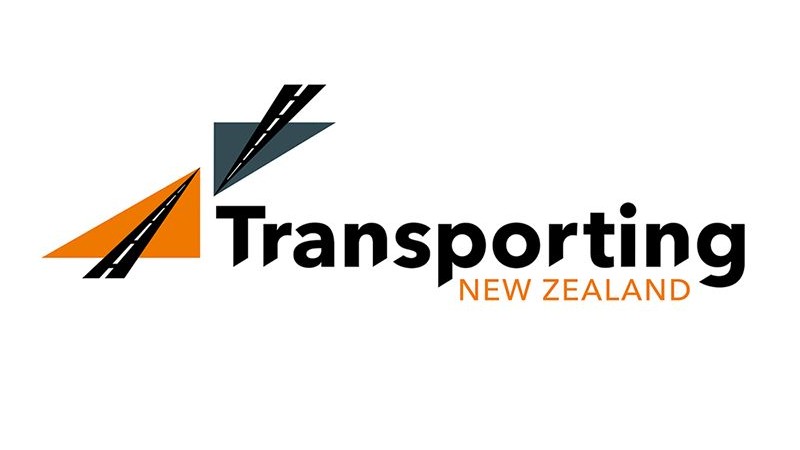
The last year has been a year of significant change for the Road Transport Forum New Zealand Incorporated, now Transporting New Zealand.
My first message to the industry is that, despite the upheaval, the organisation is in good heart and in my view is delivering value well above where the previous more splintered structure was, prior to change.
In September last year, OCANZ decided that it no longer wanted to continue as a member of the RTF due to the Road Transport Association (RTANZ) request that we form one management structure for the industry, leading eventually to one organisation.
While it was sad that this occurred, further muddling our industry voice to Government and the public, it has meant that the board has been on a single focus to modernise the membership experience over the last year.
We have successfully combined the operations of the Road Transport Association and Road Transport Forum, and rationalised resources. It is irrefutable that this is a case of “the whole being greater than the sum of its parts.” There is now a much more direct connection of information and intelligence from members to the organisation and back again. We have lifted our profile significantly and have begun a change to widening our community across road transport and related industries.
Highlights of this year include our strong advocacy on Omicron to Government, pushing opinions that saw the Government avoid making further silly decisions on freight movement. Transporting New Zealand’s Save our Supply Chain campaign promoted the work of our industry over a million times on radio and social media. It also netted over 600 Class 4 and 5 drivers across New Zealand willing to put their hand up and assist during the worst of the Omicron outbreak. Thankfully, it never got that bad, however the industry did pick up some new people keen to work as drivers.
Our work identifying the underlying health and road safety issues faced by livestock operators has led to Waka Kotahi leading the formation of the Livestock Supply Chain Rōpū. The slow progress in getting all the supply chain participants genuinely engaged in accepting their roles and influence on safety is indicative of the wider challenges in really bringing the HSWA and PCBU into effect. However, we have not sat on our laurels and we are leading and managing some of the direct risk.
We have a world-leading alternative fatigue management plan trial underway that uses technology and a performance-based approach to manage more flexible work hours.
We are hosting and managing a centralised livestock sector incident database to capture site explicit opportunities for improvement.
We are developing a generic set of contract terms and conditions which will ultimately lead to improved operating conditions and more appropriate sharing of responsibilities by respective parties.
Work has been ongoing to develop more sophisticated win/win commercial partnerships, build memberships, and improve our value propositions and the tools required to sell it, including our technology.
Another highlight is managing the two key strategic industry wide programs to attract talent, namely the Road to success programmes for the traineeship qualifications scheme and Driving Change Diversity. These are not silver bullets; however, they are key to ensuring our culture and ways of working keep pace with modern changes so the industry’s future is secure.
We have also developed our sustainability policy, the Green Compact. This will be formally launched in November.
Change is not yet over for the road transport industry. The ultimate aim is for us to have one strong and powerful organisation and that remains our goal in the medium term. More immediately, we must continue to get our own house in order under a new more democratic constitution that really gives members the chance to have a voice and influence the industry organisation they support.
What we offer today is wider, higher quality and more comprehensive than what the two previous organisations provided individually – and what is even more incredible is that we have achieved that despite a significant reduction in funding. However, that is simply not sustainable. We must combine our resources to ensure they are at work to fulfil our strategy, which is to have a powerful and strong advocacy group on behalf of a vital industry.
By Warwick Wilshier, chairman of Transporting New Zealand





